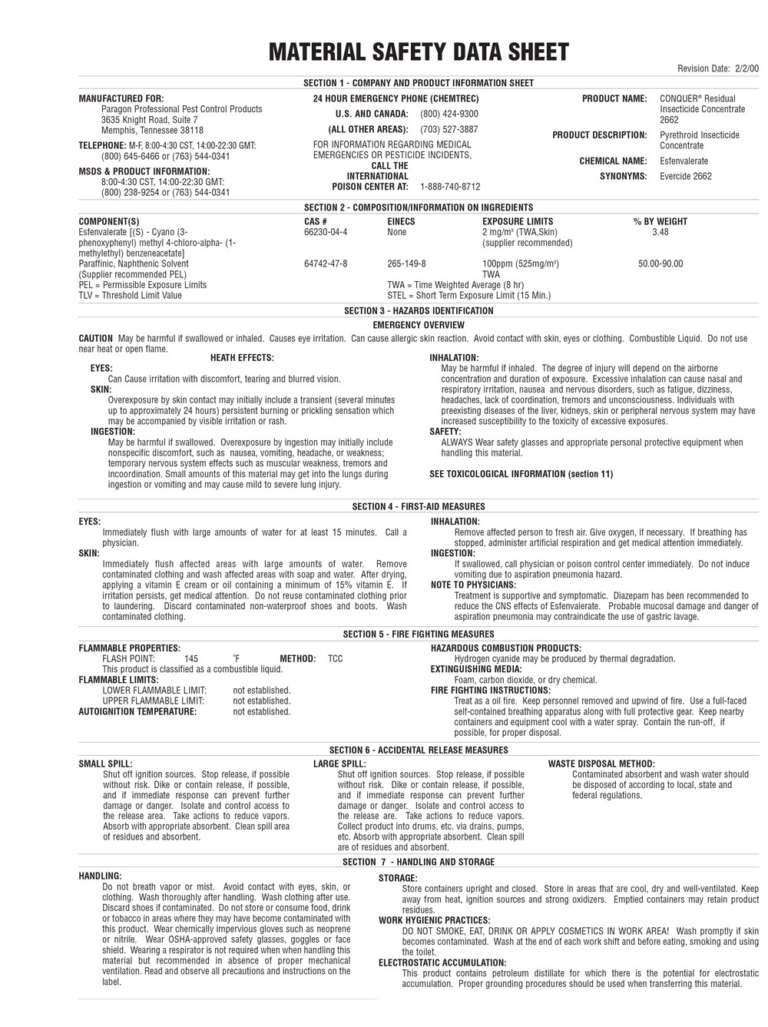

“Clearly, payment is a major player,” he says. The association found that one-third of all nontraditional revenues for VARs in this space came from payments. The RSPA surveyed its members to create a Target Operating Model for point of sale (POS) solution providers. “Payments is a big part of that,” says Menton. Menton says with the industry moving to the as a Service model, VARs and MSPs need to find ways to build recurring revenue to replace the upfront margin they once received from solution or project sales. “If they can turn to you, their trusted advisor, there’s no confusion about who to call and no finger-pointing.” He adds that payments are also one more solution in the stack that you provide, building stickier relationships that clients would find it hard to walk away from. “Most customers prefer to deal with a single vendor for as many solutions as possible,” Menton says. Payments also help you build stronger relationships with your current clients. “You may have walked past doors before that you can now walk into with something to offer.”

“Payments can open up avenues you aren’t selling in today,” he says. “Understanding the payments space is an investment: It pays off in the long run.”īusiness growth can be part of that ROI. This is equally important in payments,” says Menton. It’s essential to vet companies to truly understand who they are and if they’re a good fit.

“There are always a lot of options for companies to partner with when adding to your solution stack. Look for a payments partner willing to educate you and help ensure your success. You don’t have to navigate the learning curve on your own, however. “Payments have several layers - banks, acquirers, processors, ISOs - a lot of different pieces come into play.” “The overall business model is more complex than a standard solutions sale,” he explains. Menton says VARs and MSPs should expect to spend some time upfront to educate yourself and your team on providing payment solutions. “Some do profit share, some give top line, it varies based on processor or acquirer,” he says. Menton stresses this is just one example and advises having a detailed conversation with your payment vendor to understand exactly how this will work for your clients and the residual income you could expect.

Managed services providers (MSPs) and value-added resellers (VARs) have discovered that selling services their clients use month after month can build a steady revenue stream.


 0 kommentar(er)
0 kommentar(er)
